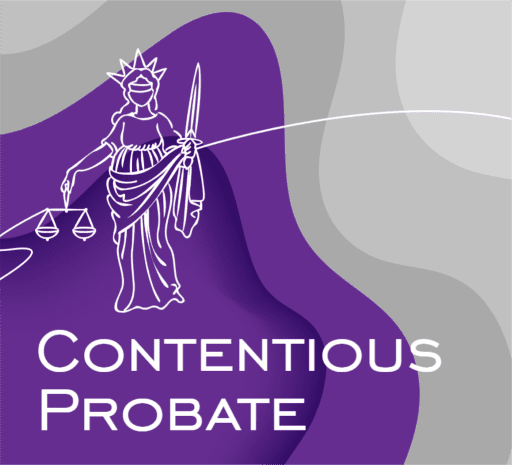In England & Wales, people have testamentary freedom. So, your father can leave his money and assets to whoever he wishes. In your situation, however, you may have two concerns about the will. First, did your father have ‘testamentary capacity’ while making the new will? Second, was he unduly influenced by your sister? Let us discuss each of these situations briefly.
Testamentary Capacity
Given that your father is elderly, you may have questions about the mental capacity needed when he made the new will and whether he was fully aware of the implications of the will.
Some of the elderly suffer with dementia. But that in itself does not prove that the individual lacks testamentary capacity.
If there are doubts about his mental abilities, a medical professional can be consulted to determine whether your father has issues that impair his judgement.
If the new will was made under the guidance of a solicitor, the solicitor would have made sure that your father had testamentary capacity. However, if the will was made at home or by an unqualified person, you have a greater chance of questioning the validity of the will.
Undue Influence by Others
In your situation, the ‘undue influence’ factor can play a bigger role. Perhaps you feel that your sister has unduly influenced your father to make a new will in which you are excluded.
Here are some signs of undue influence
- The pattern of the will changes and becomes detrimental to previous beneficiaries
- The new person added as a beneficiary was not a beneficiary in the previous will
- The testator has recently become significantly dependant on the newly added beneficiary
A careful look at your situation may reveal clear signs of undue influence. It is quite possible that your sister said negative things about you to poison your dad’s mind which led him to change the will.
However, since any conversation between your father and sister would have happened behind closed doors, it is difficult to gather evidence that proves undue influence.
What can you do?
One big advantage in your situation is that your father is still alive. Make attempts to talk to him, even if this means getting legal help. Your sister cannot prevent you from talking to your father. When you talk to him, find out what your sister said to him about you and make sure you have this conversation in front of a third person. The best-case scenario would be that your dad writes a new will, adding you back into it.
However, if this is not possible, you can decide to contest the will based on evidence of undue influence. Before you do so, consider the emotional impact this will have on you and your family because there is bound to be a conflict. Secondly, weigh the financial costs involved.
Apart from factors like testamentary capacity and undue influence, a strong point that can work in your favour is the principle of ‘promissory estoppel’. If your father made a clear, unambiguous promise to include you in the will, the new will can be overturned quite easily. Your chances improve if you show evidence that you worked and earned less because you trusted his promise and gave a lot of your time in caring for him.




